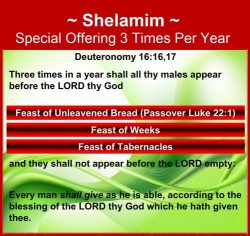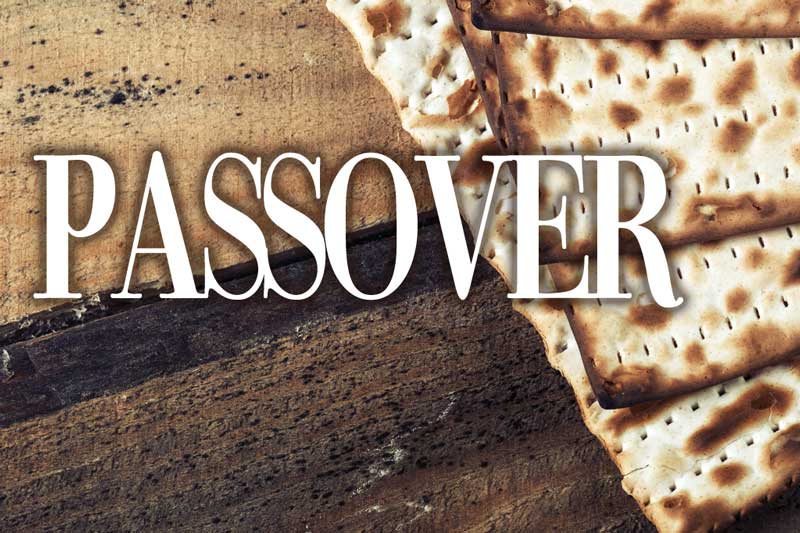The Spiritual Significance of Passover
Feast
Passover
Biblically Accurate or Hebrew Name
Pesach (pronounced PAY-sock)
Biblical Significance
Pesach began the night the Hebrews slaughtered the lambs they had brought into their homes to live with their families from the 10th day to the 14th day of the first month. At dusk that night, the lambs were sacrificed, their blood placed on the sides and tops of the doorframes of their homes and the meat of the lambs roasted and consumed with bitter herbs, which the Hebrews ate with their sandals on and staffs in their hands. Death passed over the homes of those with the lambs’ blood on their doors, but all other firstborn sons were slain that night. In the morning, the Hebrews were released from bondage to slavery, as all Egypt mourned the deaths of their firstborn sons.
Spiritual Relevance
Messiah Yeshua (Jesus Christ) is the Lamb of God sacrificed so that we would be spared from death, given eternal life and delivered from bondage to sin.
Passover Seder Haggadah
Download our Passover Seder Haggadah (Order)
DOWNLOAD HERE
Observance Suggestion
Have a Pesach seder (Passover meal) with family and friends celebrating the sacrifice of the Lamb of God and retelling the Biblical story to our children. (“Seder” is pronounced SAY-der). Read Exodus 12:6-11 for the Biblically-prescribed elements of a seder: roasted lamb meat, bitter herbs, matzah (unleavened bread). Feel free to add other items to create a full meal, but no yeast! For a first-time seder, you may wish to cook your lamb with rosemary or orange peels (both are great lamb seasonings). For bitter herbs, most people eat horseradish—eat just a little, because it is bitter. Look online for various formats and orders (haggadah) to find one that ministers to your family or download our haggadah attached above.
Notes
All Biblical elements of the Pesach seder (and the Jewish traditions from prior to the Babylonian captivity) represent the love of God and sacrifice of Messiah Yeshua. Research Passover traditions and their meanings and feel free to create Biblically-based traditions of your own, but be careful. There are many traditions that arose during the Babylonian exile that are completely pagan (like the egg on the seder plate). Others are a part of Kabbalah—a Jewish mysticism that is steeped in witchcraft. Be led by the Holy Spirit and guided by believers who have observed the Seder for years. Don’t try to go it alone! Though this meal is the one Yeshua shared in the Upper Room with His disciples (the Last Supper), this is a celebratory (rather than a somber) event. We don’t have to slaughter a lamb, as the Lamb of God has already been sacrificed and HE IS RISEN!

